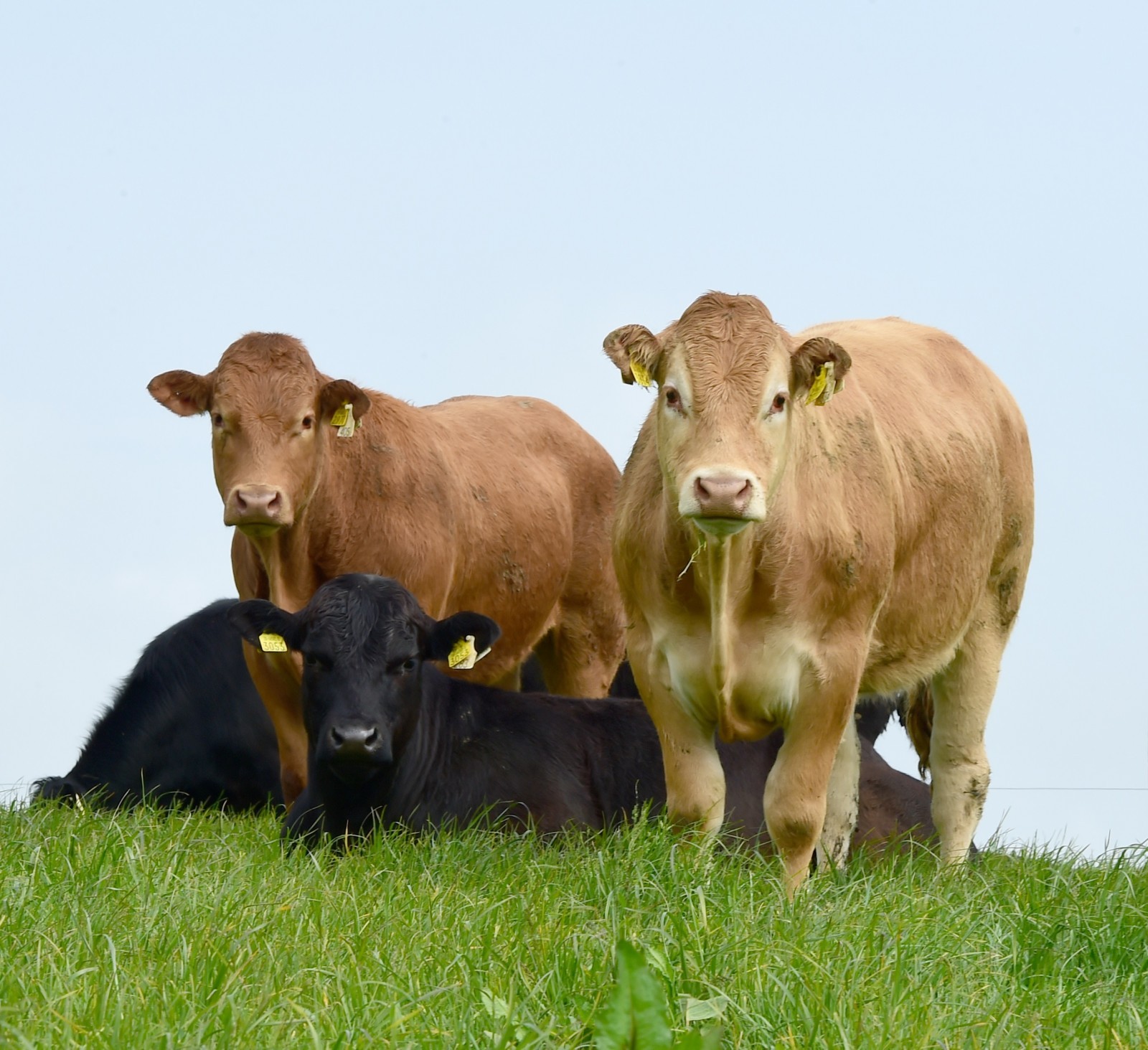Project Description
Agriculture accounts for the majority of methane (CH4) emissions in Ireland (almost 90%) due to the dominance of cattle and sheep livestock production in Irish agricultural output. These ruminant animals release CH4 as a bi-product of microbial fermentation of food in the rumen and large intestine. This process, called enteric fermentation, produces more than half of all GHG emissions from agriculture. CH4 emissions from livestock depend on a number of factors, in particular livestock type, diet quality and feed intake. This project looks at the effects of management history on the interaction between the host animal, the microbial community of the rumen (its rumen microbiome) and CH4 production. The focus will be on dietary manipulations in early life, when the rumen community is developing, as well as later diet transitions. This work will form part of a large international FACCE-JPI project called RumenStability. A further task will collate and analyse experimental data on animal performance, N utilisation and CH4 emissions in ruminants as part of the international GLOBAL NETWORK project. The overall project objectives are to:
- investigate the impact of dietary changes in the rumen of young animals
- quantify the long-term effects of diet transition treatments in growing or mature animals on methane production
- evaluate the economic viability of these mitigation strategies
- contribute to and expand the Global Network for Enteric Methane and Relevant Mitigation Literature – this network consolidates and analyses data on enteric CH4 emissions, animal performance and N utilisation.
These research outcomes will be invaluable for establishing long-term breeding goals for lowering GHG emissions from ruminant animals. A further key impact will be the international standardisation of protocols and guidelines for conducting methane measurements and laboratory analyses of the rumen microbiome.


